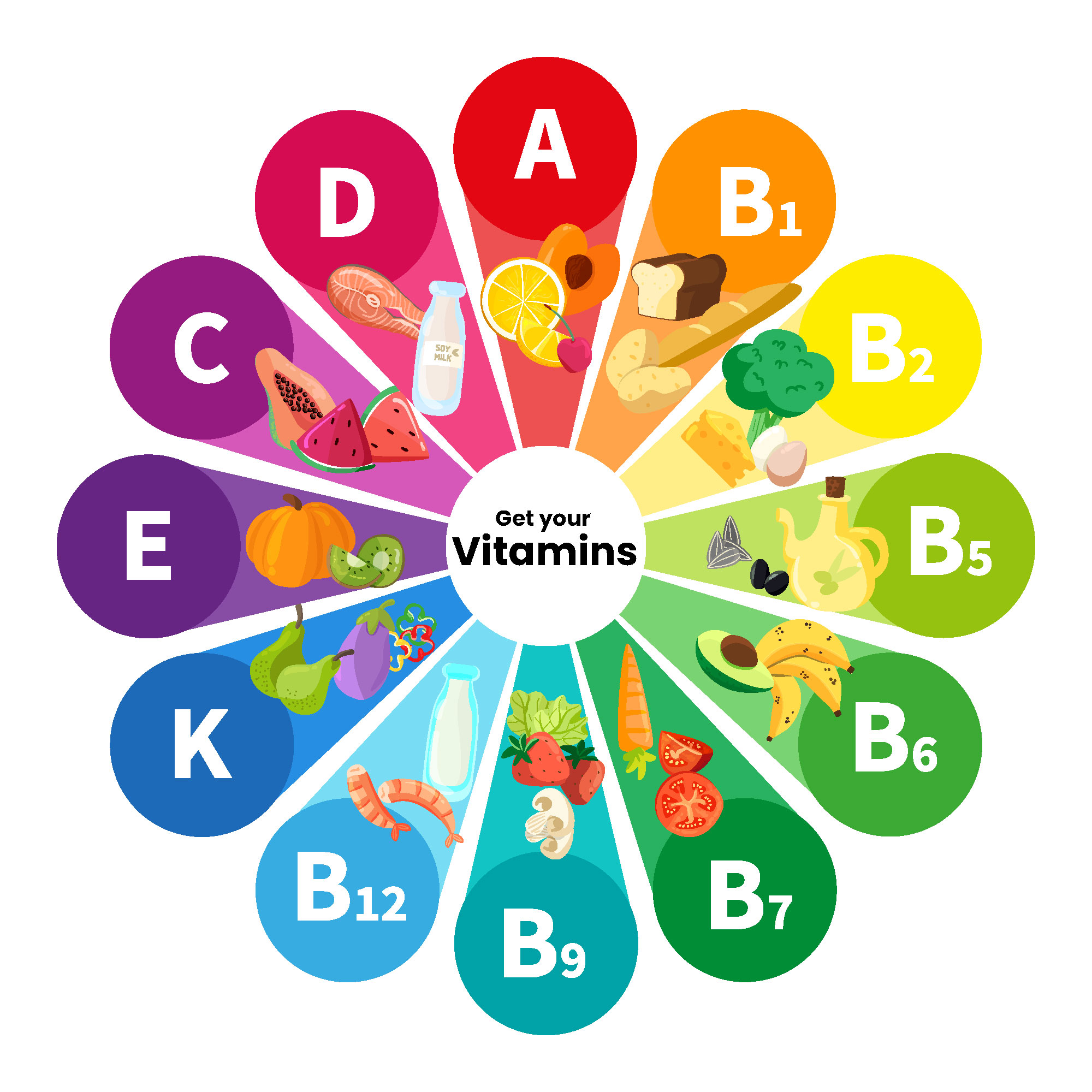Muscle mass is essential for overall health and fitness. Increasing your **muscle mass** not only enhances your physical appearance but also improves your metabolism, strength, and performance in daily activities.
This article will guide you through understanding the importance of muscle mass, effective strategies for building it, and vital nutrition tips to maximize your gains.
Content
ToggleUnderstanding Muscle Mass
Understanding muscle mass is vital for anyone looking to improve their overall fitness and health. Muscle mass refers to the amount of muscle tissue in the body, and it plays a crucial role in various physical functions and daily activities.
The increase of muscle mass can enhance your strength, boost metabolism, and improve overall body composition.
Importance of Muscle Mass
Having a healthy level of muscle mass is important for several reasons. It helps with metabolic rate, which means your body can burn calories more effectively, even while at rest.
Increased muscle mass contributes to better performance in sports and physical activities, allowing more power and endurance.
Strong muscles also support joints and can prevent injuries, particularly as one ages.
Maintaining muscle mass can help reduce the risk of conditions such as osteoporosis and sarcopenia, which involve the loss of muscle mass over time.
Factors Influencing Muscle Mass
Several factors can influence muscle mass, including nutrition, genetics, age, and exercise habits. To build muscle effectively, one must engage in strength training and consume the right foods.
A diet rich in protein, healthy fats, and complex carbohydrates is essential for promoting muscle growth.
Understanding muscle mass and its importance will help you make informed choices in your fitness journey.
By focusing on both strength training and a balanced diet, you can achieve and maintain a healthy level of muscle mass, leading to a stronger and healthier body.
Effective Strategies for Building Muscle Mass

Building muscle mass is not just about lifting weights; there are effective strategies that can significantly enhance your results.
To gain muscle, focus on consistent strength training, proper nutrition, and recovery.
Strength Training Routine
Engaging in a structured strength training program is essential for building muscle mass. Aim for at least 3 to 4 sessions per week, targeting all major muscle groups.
Use compound exercises like squats, deadlifts, and bench presses, as they work multiple muscles at once and stimulate greater growth.
Progressive Overload
To continually build muscle, incorporate progressive overload into your workouts. This means gradually increasing the weight, number of repetitions, or intensity of your exercises over time.
This challenge prompts your muscles to adapt, grow, and become stronger.
Balanced Nutrition
Your diet plays a crucial role in muscle development. Consume a protein-rich diet, focusing on sources like chicken, fish, eggs, tofu, and legumes.
Remember to include healthy fats from nuts and avocados and complex carbohydrates like whole grains and vegetables.
Ensure you’re eating enough calories to support your muscle-building goals.
Proper Hydration
Staying hydrated is crucial for optimal performance and recovery. Drink plenty of water before, during, and after workouts.
Aim for at least 8 glasses of water a day to support muscle function and prevent dehydration.
Rest and Recovery
Allowing your body to recover is just as important as the workout itself. Make sure to get sufficient sleep each night (around 7 to 9 hours) to promote muscle repair and growth.
Include rest days in your workout schedule to prevent fatigue and injury.
Nutrition Tips to Maximize Muscle Mass Gains
To maximize muscle mass gains, it is essential to focus on your nutrition. Here are some effective nutrition tips that will help you fuel your body for optimal performance and growth.
Prioritize Protein Intake
Consuming enough protein is crucial for muscle repair and growth. Aim for about 1.2 to 2.0 grams of protein per kilogram of body weight daily. Good sources include chicken, fish, eggs, dairy, and plant-based proteins like beans and lentils.
Eat Enough Calories
To build muscle, you need to be in a slight caloric surplus. This means eating more calories than you burn. Use a calorie calculator to find your maintenance calories, then add about 250 to 500 calories to that number, depending on your activity level.
Include Healthy Fats
Do not shy away from fats, as they are vital for hormone production and overall health. Include sources of healthy fats like avocados, nuts, seeds, and olive oil in your diet.
Aim for fats to make up about 20 to 35 percent of your total daily calorie intake.
Focus on Complex Carbohydrates
Carbohydrates are your body’s primary energy source. Include complex carbs like brown rice, whole grains, and quinoa to provide sustained energy for workouts.
Aim to fill your plate with carbs, making sure they contribute to about 45 to 65 percent of your daily calories.
Stay Hydrated
Water plays a crucial role in nutrient transport and muscle recovery. Aim to drink at least 64 ounces of water a day, and increase your intake if you are exercising vigorously. Staying hydrated helps maintain performance during workouts.
Consider Timing Your Meals
Timing your meals, especially around workouts, can enhance your muscle gains. Try to eat a balanced meal containing protein and carbohydrates about 2 hours before training and have a protein-rich snack within 30 minutes post-workout for optimal recovery.
In Summary: Achieve Your Muscle Mass Goals
Building muscle mass requires a combination of effective strategies, proper nutrition, and dedication. By understanding the importance of muscle mass, engaging in consistent strength training, and focusing on a balanced diet rich in protein and healthy fats, you can unlock your full potential.
Utilize the tips shared in this article, including the importance of caloric intake, hydration, and meal timing, to maximize your gains. Remember, muscle growth is a gradual process, and patience is key.
With the right approach, you can transform your body and achieve the muscle mass you desire, leading to improved strength, metabolism, and overall well-being.
FAQ – Frequently Asked Questions about Building Muscle Mass
What is muscle mass and why is it important?
Muscle mass refers to the total weight of muscle in your body, which is important for strength, metabolism, and overall health.
How can I effectively build muscle mass?
To build muscle mass effectively, focus on a structured strength training routine, progressive overload, and balanced nutrition.
How much protein do I need daily for muscle gain?
Aim for about 1.2 to 2.0 grams of protein per kilogram of body weight daily to support muscle repair and growth.
Should I be in a caloric surplus to gain muscle?
Yes, being in a slight caloric surplus is essential for building muscle. This means consuming more calories than you burn.
What role do carbohydrates play in gaining muscle mass?
Carbohydrates provide the energy needed for workouts and are essential for muscle recovery, making them vital in your muscle-building diet.
Is hydration important for muscle gains?
Absolutely! Staying hydrated is crucial for optimal performance and recovery, so aim for at least 64 ounces of water per day.



